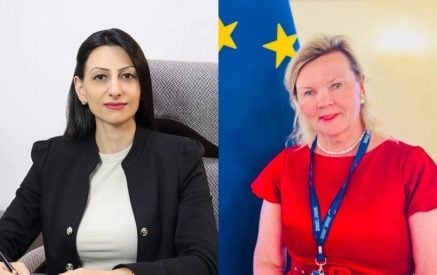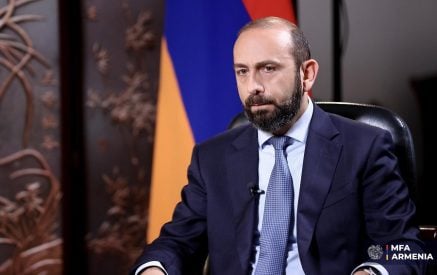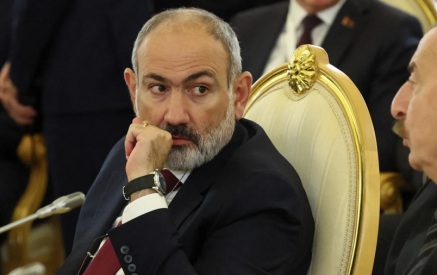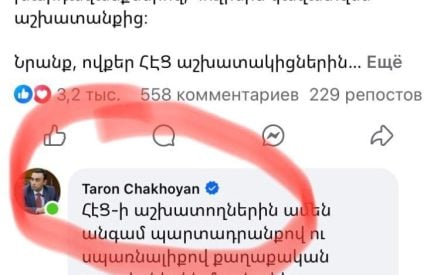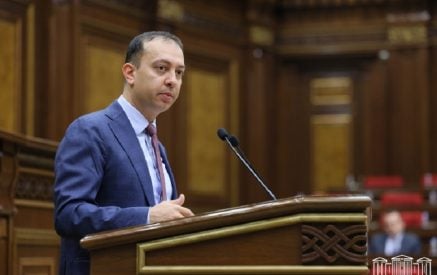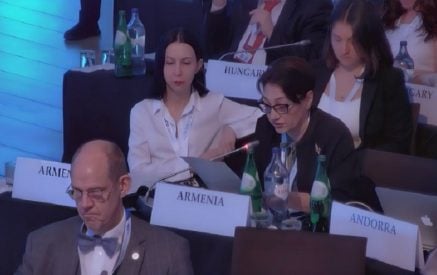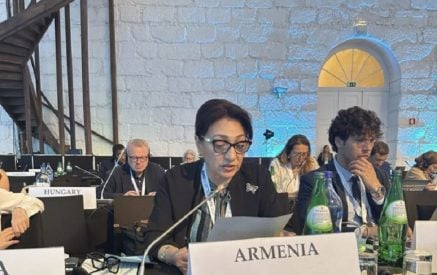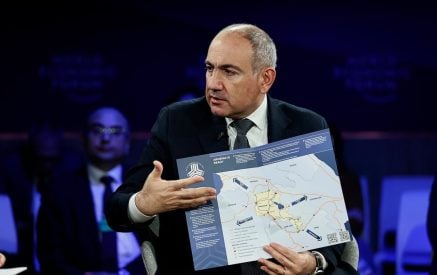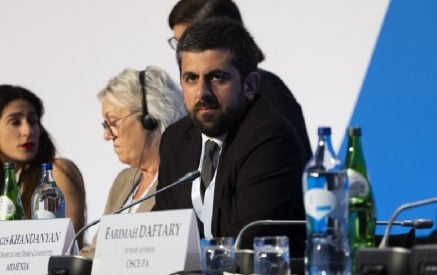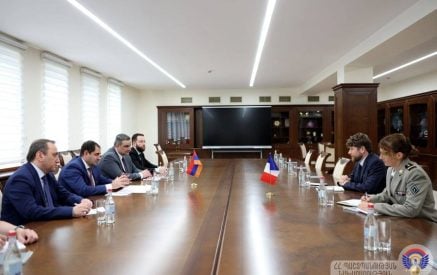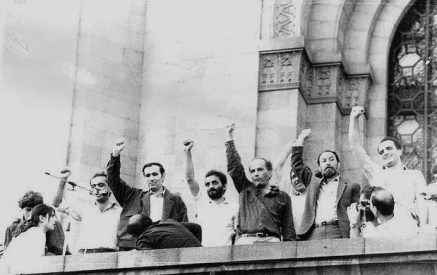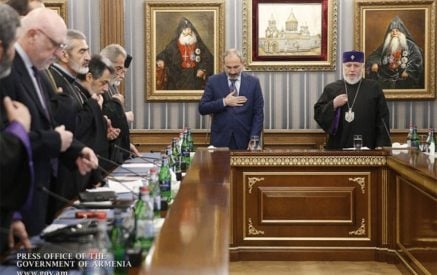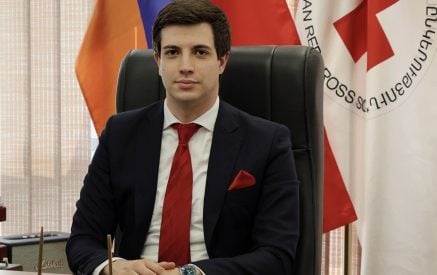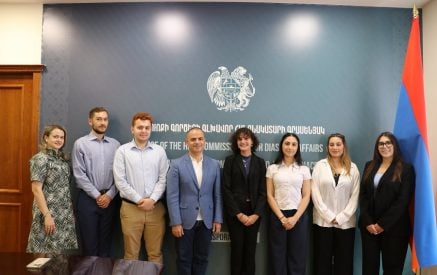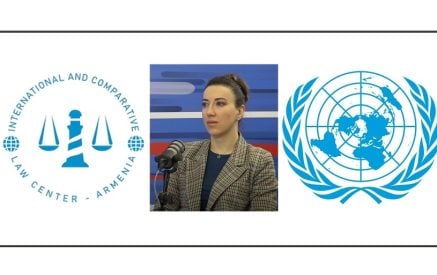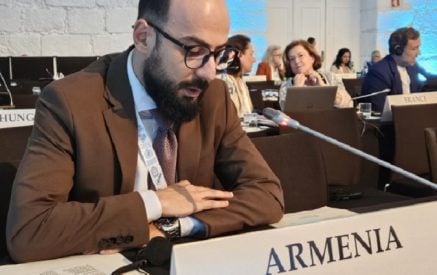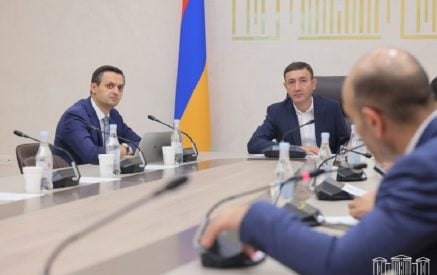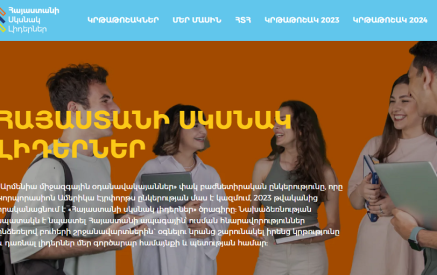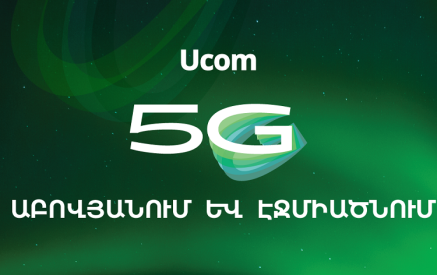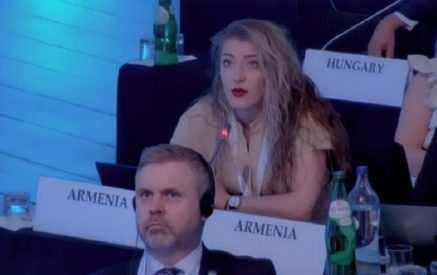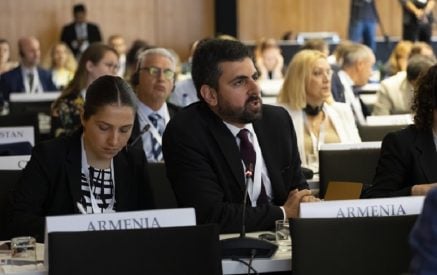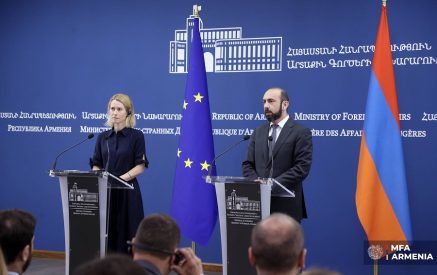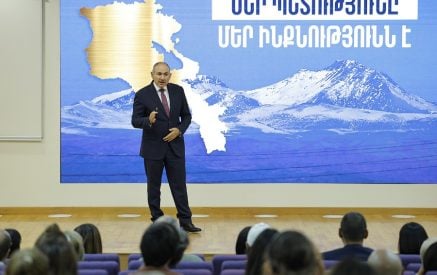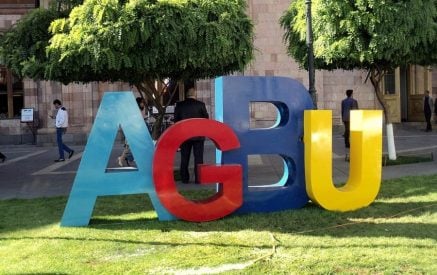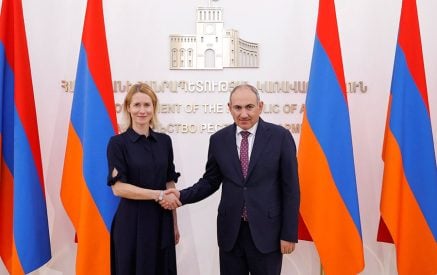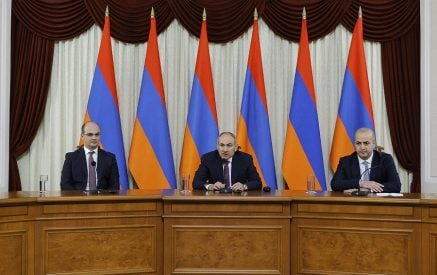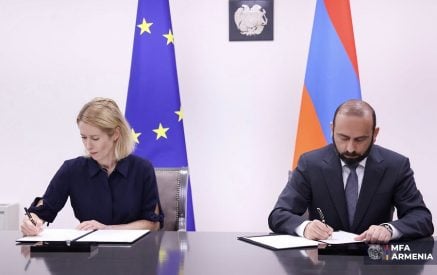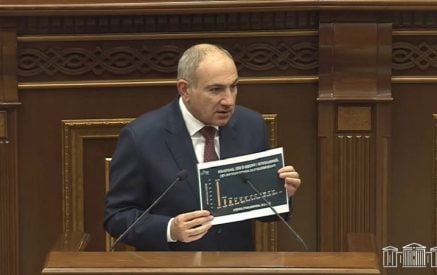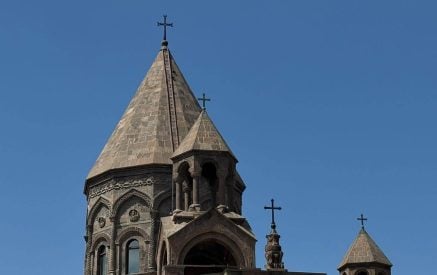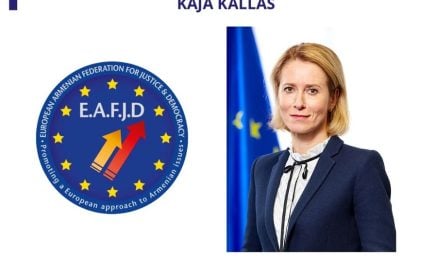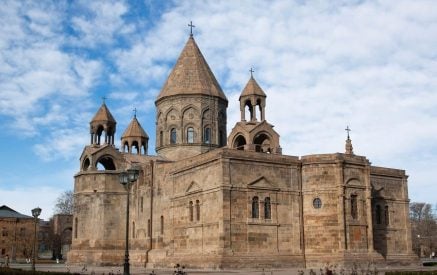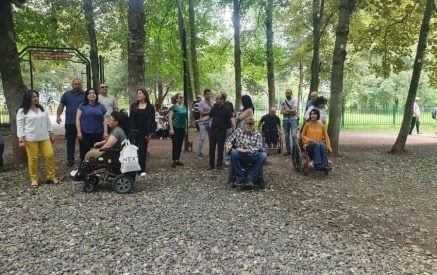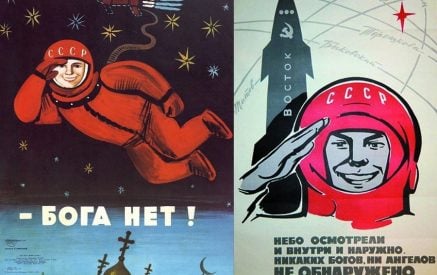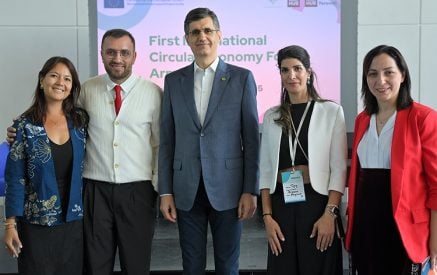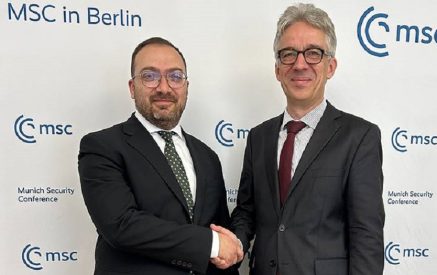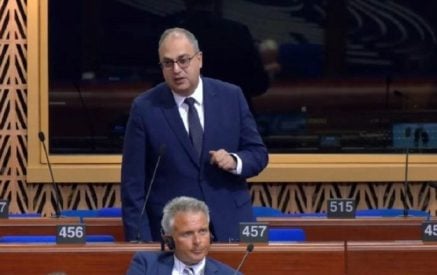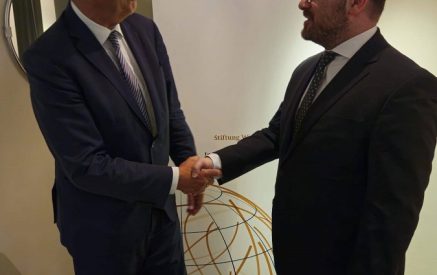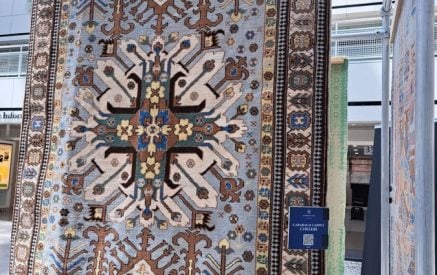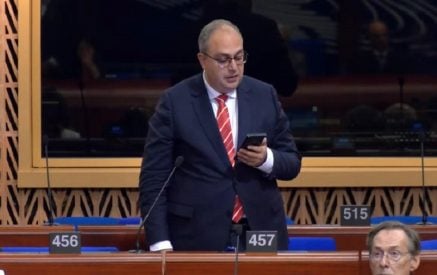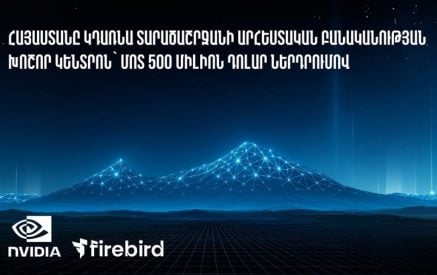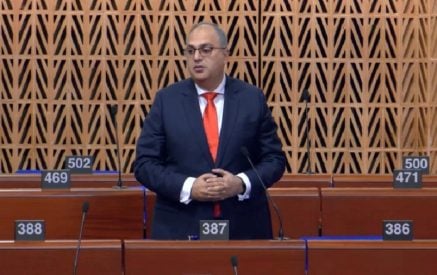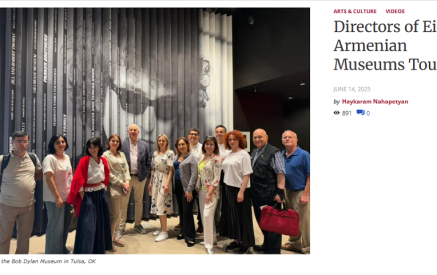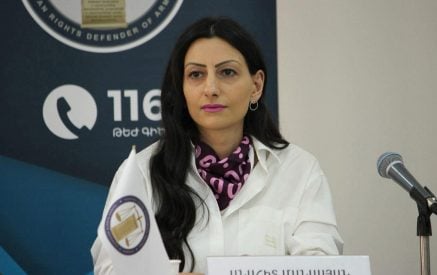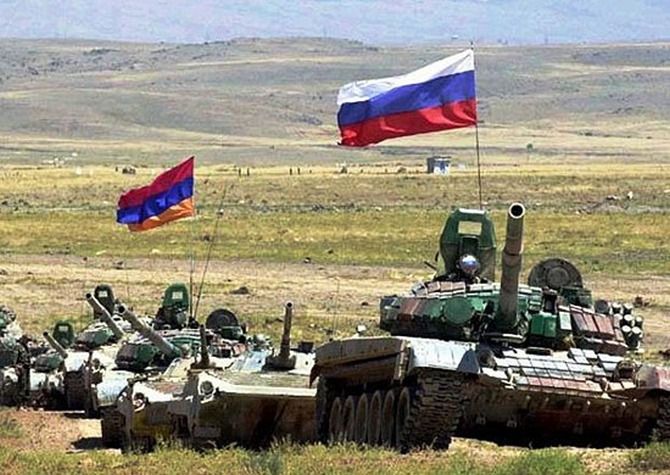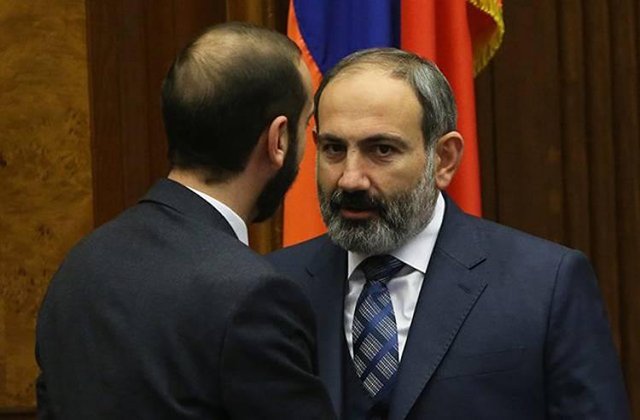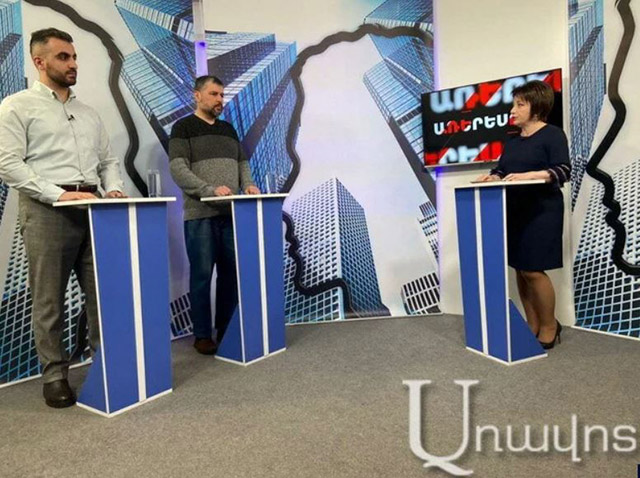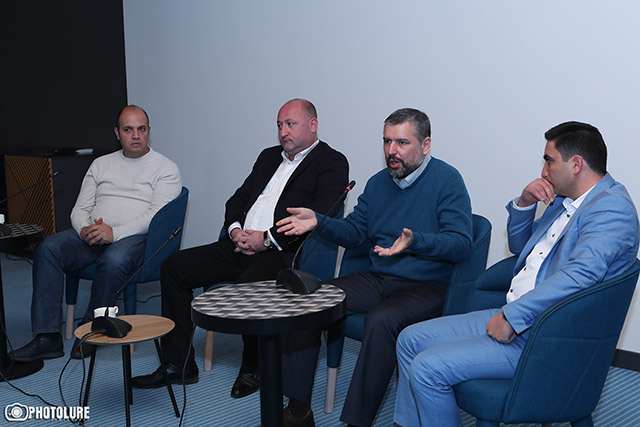According to the editor of “Razminfo” website, Karen Vrtanesyan, this agreement to some extent fills in the gaps of CSTO
The signing of the agreement on the Armenian-Russian joint troops has given rise to discrepancies. The experts, politicians, former and current officials express conflicting opinions.
For example, the former Defense Minister Vagharshak Harutyunyan defended the idea of creating such a joint troop had announced that it is obvious that the creation of such a unity stems from the interests of Armenia. “Aravot” asked Styopa Safaryan, political analyst and Head of the Institute for International and Security Affairs, where this optimism comes from when the fact the CSTO’s inactivity is before our eyes, Mr. Safaryan replied, “They must answer where this optimism comes from. It is not just saying common words as they are announcing now that our defense will grow and so on.”
Stepan Safaryan prefers to talk about the risks that can be caused by the operation of these joint troops, “The main threat comes from the Nagorno-Karabakh conflict, and naturally, associated with this threat, since the creation of the CSTO as well as since the Armenian-Russian Federation, there is still a question of questions whether the two unions provide an umbrella for Armenia against the possible military aggression by Azerbaijan whose attempts we witnessed in 2014-2016 and will still come. No one has the answer to this question. If this umbrella does not work for Artsakh, and these forces are not aimed at eliminating these risks, in this case, a question arises for what other risks are these joint troops and if it is not eliminating the main risk, so whether it is worth having such optimism.” Mr. Safaryan reminds that we have witnessed that Russia has two hats for Karabakh issue: one is the mediator hat, the second is the peace guard which Russia wants to wear during various escalations, it is clear that it is the deployment of Russian peacekeepers.
Read also
To our question of whether it is possible for Russia to use this platform of joint troops to implement its long-cherished desire of deployment of peacekeepers, Mr. Safaryan replied, “At this moment, it is difficult to say how Russia will use this platform but if it has such a desire, it will also try to use it if the subsequent moment of escalation happens”. Stepan Safaryan is skeptical that these joint troops will generally be used against Azerbaijani, especially when during the war, as mentioned in the agreement, it is going to be placed under Russian commandership. According to Stepan Safaryan, a question arises whether we would not have a collision of norms and decisions when there will be a need to use it during the war, it would appear that the commandership decisions belong to Russia in this situation.
Note that at this point, it is not officially announced where these joint troops will be located. This also gives rise to concerns. Stepan Safaryan informed that the fourth army corps commander will be ruling the joint troops from the Armenians side. According to Stepan Safaryan, the location of the joint troops should not be a secret, “We only know that only one army corps will be included in the joint troops from the Armenian side while from the Russian side, it is going to be the 102nd Russian military base.”
Editor of “Razminfo” website, Karen Vrtanesyan, in a conversation with us, stressed that the joint troops have existed and it exists more than a decade. He explained that what is done just created a legal base and regulation. Karen Vrtanesyan reminded that these joint troops have been operating for years under the commandership of Armenia.
Referring to the concerns that there are risks that the Armenian-Russian joint troops can be used against Georgia and Iran or interfere in the affairs of Nagorno-Karabakh, Mr. Vrtanesyan responded citing the Defense Minister Vigen Sargsyan’s words, “we have not created a joint troop to use against us”. Karen Vrtanesyan assured that the joint troops were primarily created to confront the external threats, “These joint troops are called to defend Armenia’s and Russia’s interests. Many people doubt about what will happen if Russia’s interests clash against Armenia’s interests. “It seems to me that the legal arrangement of the legal document will somehow reduce such risks.”
To the reminder that those who criticize the establishment of joint troops see concern that Russia is preparing a ground for the deployment of peacekeepers, Karen Vrtanesyan hurried to dispel those concerns, reminding that the peacekeeping forces are usually involved by the agreement of both parties, irrespective of the type of the agreement, “If Armenia and Azerbaijan at some point will decide to involve troops, the existence or non-existence of this document does not determine anything. To involve peacemakers, the parties apply to a third country or a force. Signing or non-signing of this document does not change anything on this matter. The entry of peacekeeping joint troops to the Nagorno-Karabakh conflict zone, at least in my opinion, will do more harm than good. But at the same time, in any case, the signing of this document has nothing to do with this issue.” Karen Vrtanesyan does not share the opinion that this agreement represents merely the interests of the Russian Federation. He hopes that it is going to be a serious partnership. Our interlocutor drew attention to the fact that the military commander of these joint troops is RA Armed Forces General Andranik Makaryan.
To our observation that many experts are criticizing the signing of this agreement because the inactivity of the CSTO is in front of all our eyes, Mr. Vrtanesyan responded, “The criticism addressed to CSTO actually indicates that there was a need for such a direct Armenian-Russian agreement. Many of the CSTO member states have more interests with Turkey or Azerbaijan than with Armenia or Russia, hence we cannot associate the criticism of the CSTO defects with the criticism of this agreement because this agreement to some extent fills in the gaps of the CSTO too.”
Karen Vrtanesyan, at the same time, does not think that the agreement is ideal, “Any treaty and agreement, certainly, is not ideal. I would like to see a much serious analysis of gaps and risks but today, the main criticism sounds approximately like this: “Not to deal with Russia on anything.” It is not serious.”
Tatev HARUTYUNYAN


